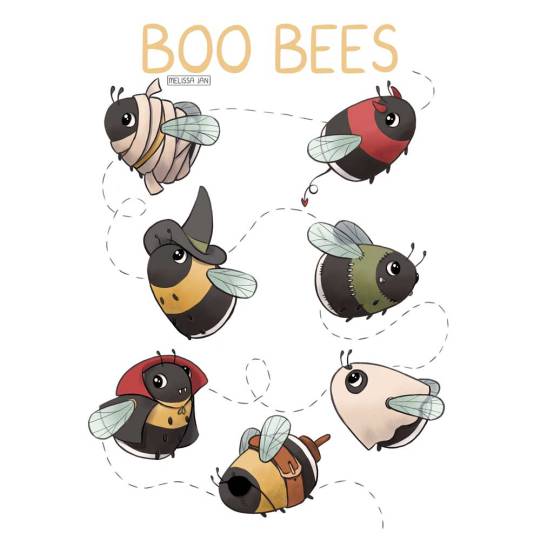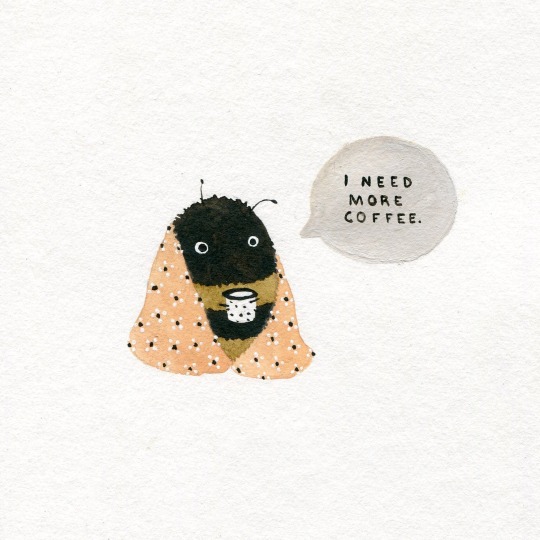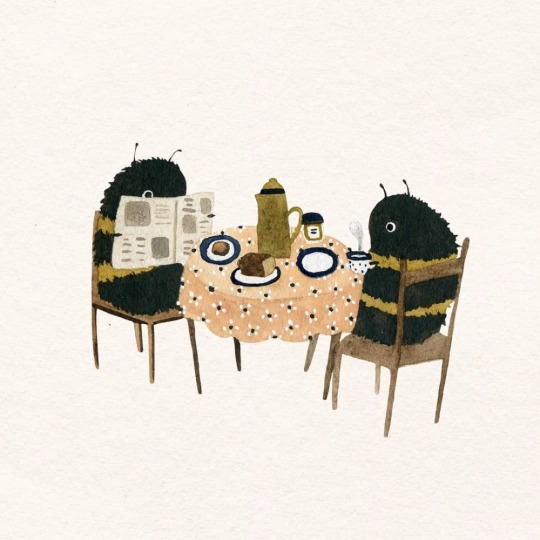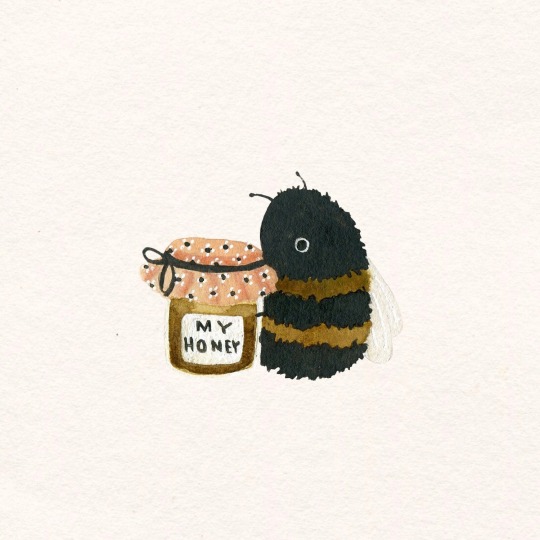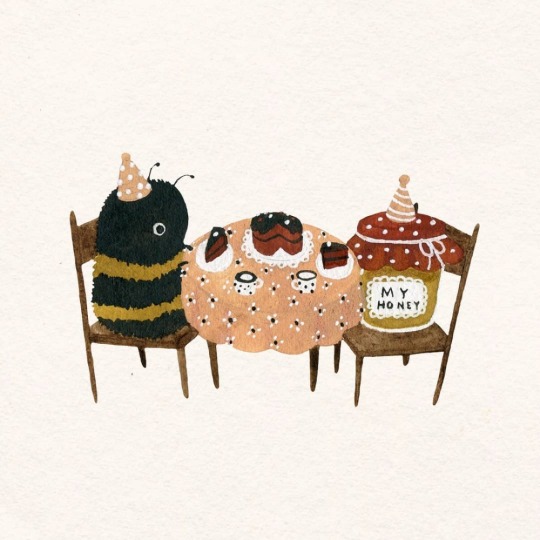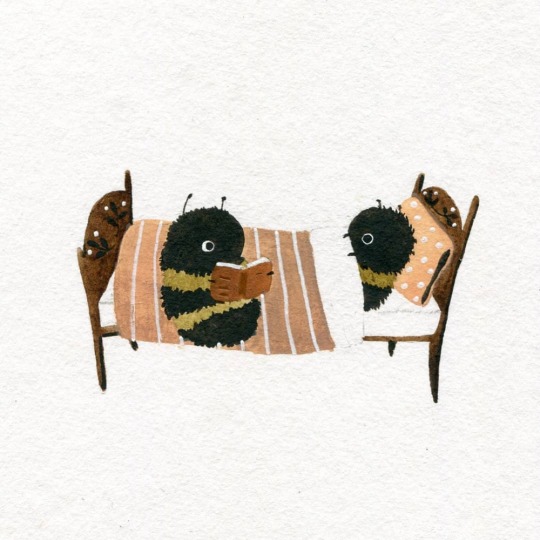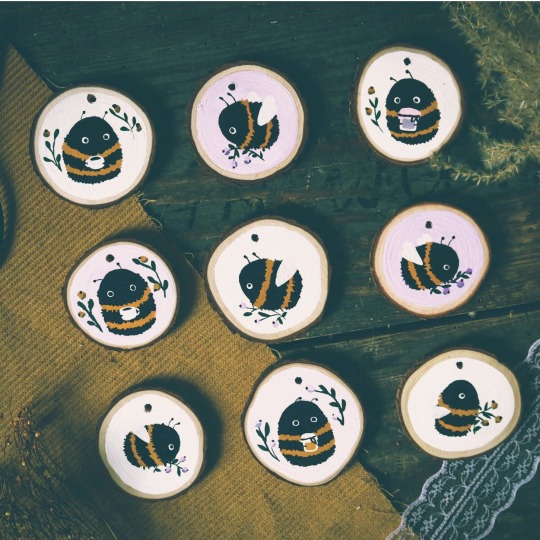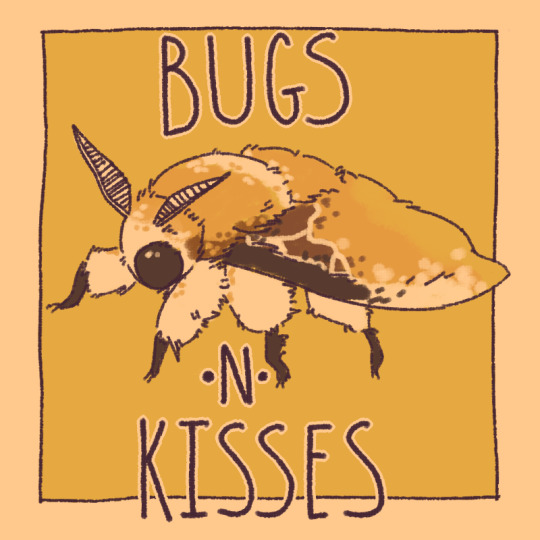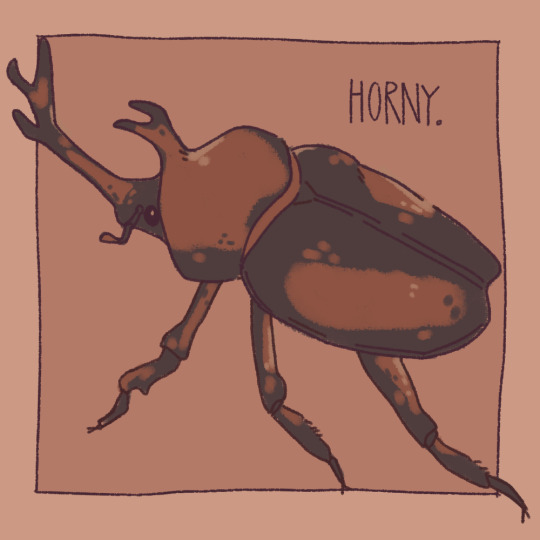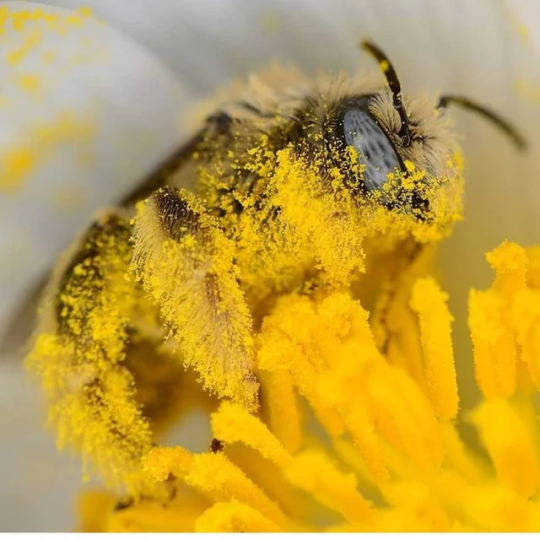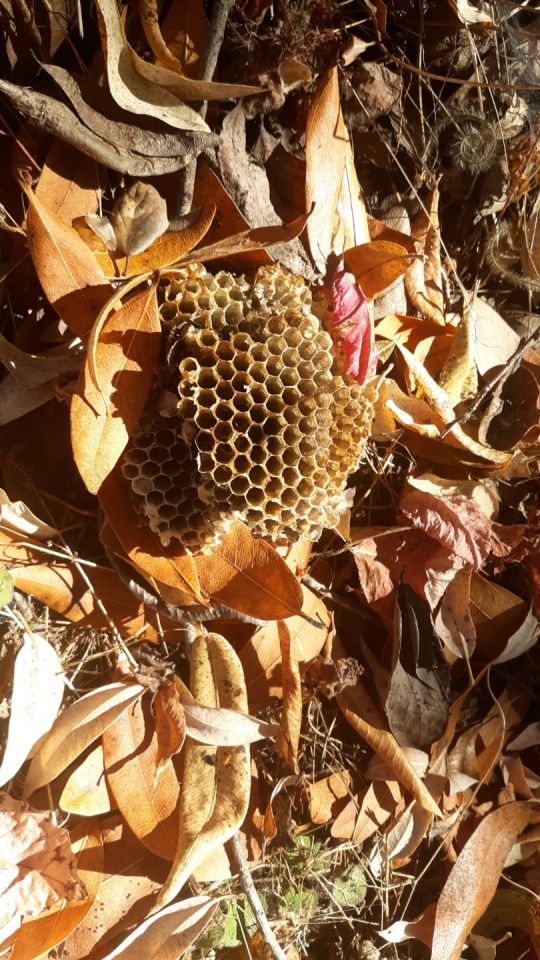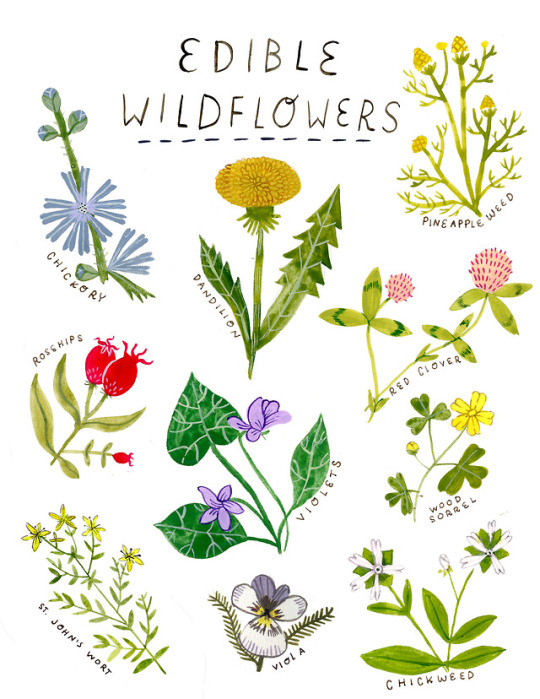Text
vegans who refuse to even eat backyard eggs….why
271K notes
·
View notes
Photo


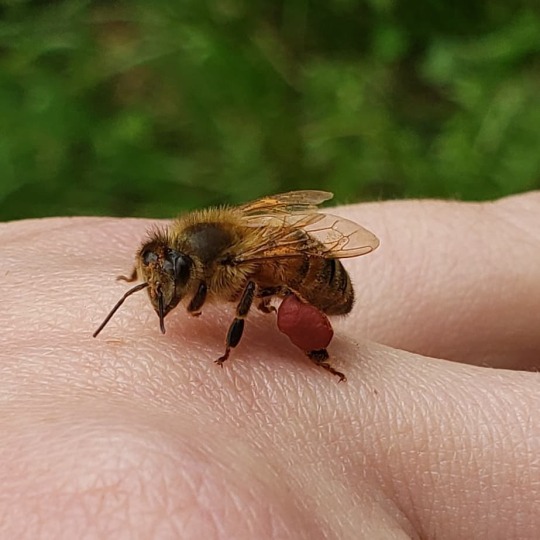
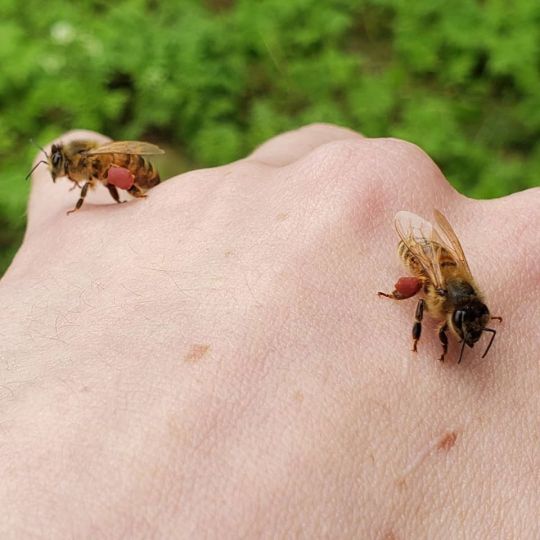
FUN FACT I LEARNED YESTERDAY: Horse chestnuts have MEAT-COLOURED POLLEN and result in THREATENING LOOKING BEES!
140 notes
·
View notes
Text
Neighbor just called and said they saw a swarm a while ago at my place. I ran out to look and they were right!
There -was- a swarm..
233 notes
·
View notes
Text
Wasps are functionally the same as bees, we just hate them because they’re not as cute n can hurt you more than once without dying
5K notes
·
View notes
Text
When everyone is saying “important reminder: stay at home!” but you’re an “essential worker” so it’s business as usual

36 notes
·
View notes
Link
Commercial beekeepers who send their hives to the almond farms are seeing their bees die in record numbers, and nothing they do seems to stop the decline.
A recent survey of commercial beekeepers showed that 50 billion bees – more than seven times the world’s human population – were wiped out in a few months during winter 2018-19. This is more than one-third of commercial US bee colonies, the highest number since the annual survey started in the mid-2000s.
A recent survey of commercial beekeepers showed that 50 billion bees – more than seven times the world’s human population – were wiped out in a few months during winter 2018-19. This is more than one-third of commercial US bee colonies, the highest number since the annual survey started in the mid-2000s.
Beekeepers attributed the high mortality rate to pesticide exposure, diseases from parasites and habitat loss. However, environmentalists and organic beekeepers maintain that the real culprit is something more systemic: America’s reliance on industrial agriculture methods, especially those used by the almond industry, which demands a large-scale mechanization of one of nature’s most delicate natural processes…
Like all bees, honeybees thrive in a biodiverse landscape. But California’s almond industry places them in a monoculture where growers expect the bees to be predictably productive year after year.
Commercial honeybees are considered livestock by the US Department of Agriculture because of the creature’s vital role in food production. But no other class of livestock comes close to the scorched-earth circumstances that commercial honeybees face. More bees die every year in the US than all other fish and animals raised for slaughter combined.
“The high mortality rate creates a sad business model for beekeepers,” says Nate Donley, a senior scientist for the Center for Biological Diversity. “It’s like sending the bees to war. Many don’t come back.”
California’s $11bn (£8.4bn) almond industry has grown at an extraordinary rate. In 2000, almond orchards occupied 500,000 acres. By 2018 that had more than doubled – almond groves in the Central Valley now blanket an area the size of Delaware, producing 2.3bn lb (1m tonnes) of almonds annually sold around the world.
115 notes
·
View notes
Text
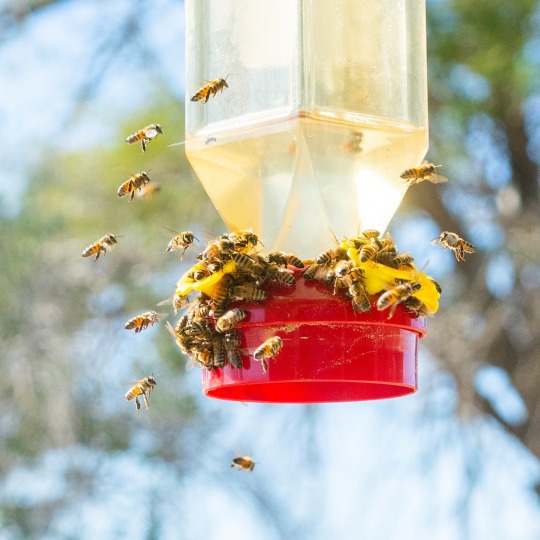
Just outside my kitchen window hangs a hummingbird feeder. While I fix my coffee in the morning, I enjoy watching them dart around it. I've even taken a few photos of them. Sure, there's usually a bee or two around, but nothing to deter them. However, on Friday afternoon, when I glanced out the window, I noticed that it was swarming with bees. I'm fascinated with bees, and I appreciate their contribution to this world. I was inside, and I'm not allergic. However, this made me jump for a second. Not enough to put my camera down and look away, though.
P.S. the hummingbirds did not know what to make of it!
174 notes
·
View notes
Text
when i was a teenager it felt very revolutionary to be cruel to myself. like some kind of slow passive protest against how much everything hurt. i starved myself of sleep and food and tenderness because it felt right. it felt sharp and angry and radical and i wanted to be those things. adulthood is the realisation that the world is already working to cut into you well before you learn how to do it yourself. caring for yourself and others is the real protest
375K notes
·
View notes
Photo
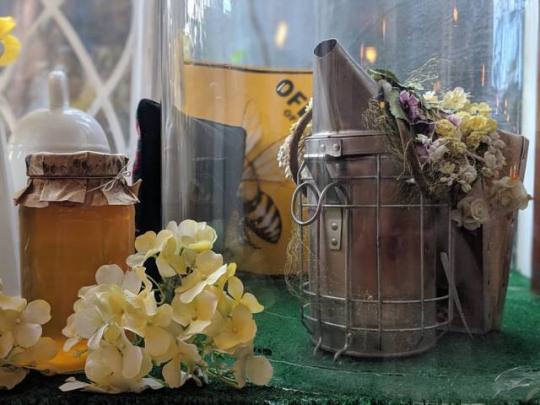
Days are getting shorter now as we prepare to tuck our bees in for a long winter with as much of their honey possible to nourish themselves with so many factors working against their labors of love. 🐝🍯🙅🏻♀️✨✨✨ #BeesFirst #FollowTheHoney #Bees #FollowTheHeart #Love #BeeCentric #WildBees #NextGenBeekeepers 💝
https://www.instagram.com/p/B27iebBHUg3/?igshid=oyjjm95af02g
10 notes
·
View notes
Video
I just wanted everyone to see this bumblebee I filmed today, who was so big and round that she could barely hold on to the flowers she was pollinating.
85 notes
·
View notes
